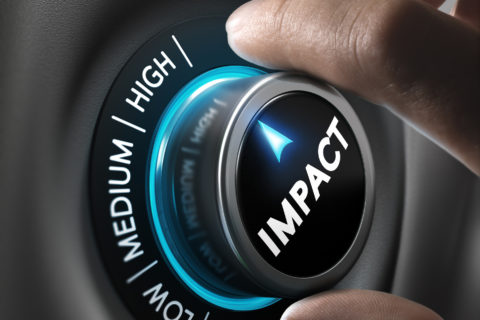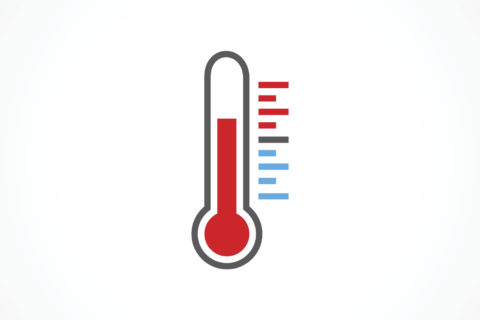By Jo Bowman
We ask three leading thinkers to envisage the world a decade from now. Not only that, we’ve asked them to describe the role of market research in that world
Cast your mind back 10 years, when the US housing bubble was fit to burst, a start-up called Twitter was just a year old, and Steve Jobs was unveiling the very first iPhone. The pace of transformation since that time has been incredible, and was largely unforeseeable.
So where will research be in 10 years’ time?
Nic Covey is Vice President of Nielsen Ventures, the venture capital arm of Nielsen, which invests in and incubates early-stage research companies.
“The research function is about understanding the wants and needs of human beings and the markets and societies they comprise. Short of perfect predictability, that need isn’t going anywhere. Of course, how we accomplish that will look very different.”
Covey notes that fewer business decisions are being made by people with a research report in their hand, thanks to real-time decision making, yet the core principles of research are actually gaining in importance, and will be all the more so when machines are making decisions for us with high velocity and volume.
“I think 10 years from now, even five years from now, we’ll still be asking people questions, but we’ll be doing so in very different ways – chatbots being the obvious example – and using the output as just one input to the active-passive-modelled approach to understanding people.
“In general, I think it’s clear that our relationship with machines both as a research subjects and users will be far more natural and integrated in 10 years. I think that’s going to be a wonderful thing for data collection and application. It should also be better for consumers, both as respondents and beneficiaries of market research.
“By 2027, I expect to have a very trusting relationship with my in-home and in-office devices. I’ll understand the value of answering a question posed to me by my refrigerator and gladly do so. It will just be adding context around something it has already figured out about me – confirming that I’m a vegetarian, for instance – or perhaps confirming the meal preference it has projected for me for a couple of days out so that it gets the grocery order right. In the office, I will trust digital assistants to direct my tasks throughout the day and even complete a substantial amount of work on my behalf. Save for personal interactions, I think it will become harder to distinguish between when I’m interacting with a colleague, a client or respondent and when I’m interacting with their machines, but often the difference won’t matter.”
If you’re an ESOMAR member you can read the full article in MyESOMAR in the digital copy of Research World. If you are not a member of ESOMAR you can join and receive a free copy of Research World 6 times a year or alternatively you can sign up for a subscription of the magazine in our publications store.


